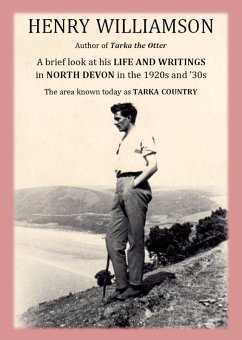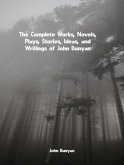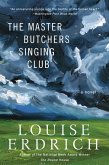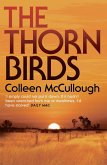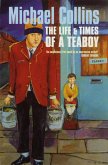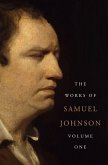This short anthology serves as an introduction to Henry Williamson's early writings about North Devon, which served to establish his reputation as perhaps the foremost British nature writer of the twentieth century.
There are extracts from Williamson's classic novels 'Tarka the Otter' and 'Salar the Salmon', as well as from less well-known works including 'The Village Book', 'The Labouring Life', 'The Lone Swallows', 'The Pathway', 'The Children of Shallowford' and 'On Foot in Devon'. The extracts have been selected and edited by Tony Evans, who has also written accompanying explanatory notes, and Anne Williamson contributes a short biography which focuses on Williamson's life in North Devon up to 1937, when he left to farm in Norfolk.
The selections are illustrated by contemporary photographs sourced from both local collections and Henry Williamson's own albums, together with two maps of North Devon and Georgeham (the latter drawn by Williamson in 1932), the area today known as 'Tarka Country'.
Dieser Download kann aus rechtlichen Gründen nur mit Rechnungsadresse in A, B, CY, CZ, D, DK, EW, E, FIN, F, GR, H, IRL, I, LT, L, LR, M, NL, PL, P, R, S, SLO, SK ausgeliefert werden.

